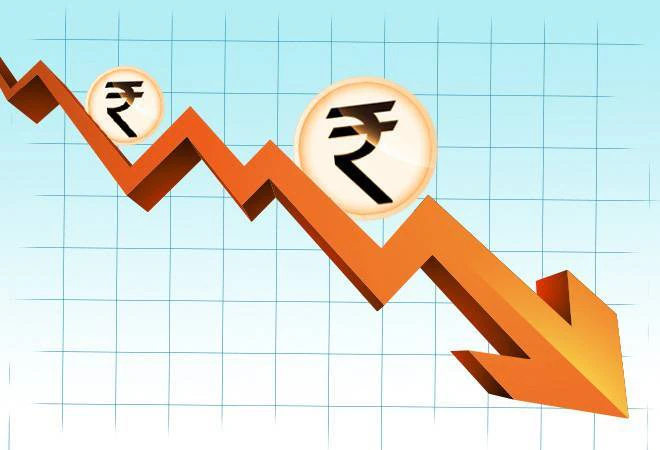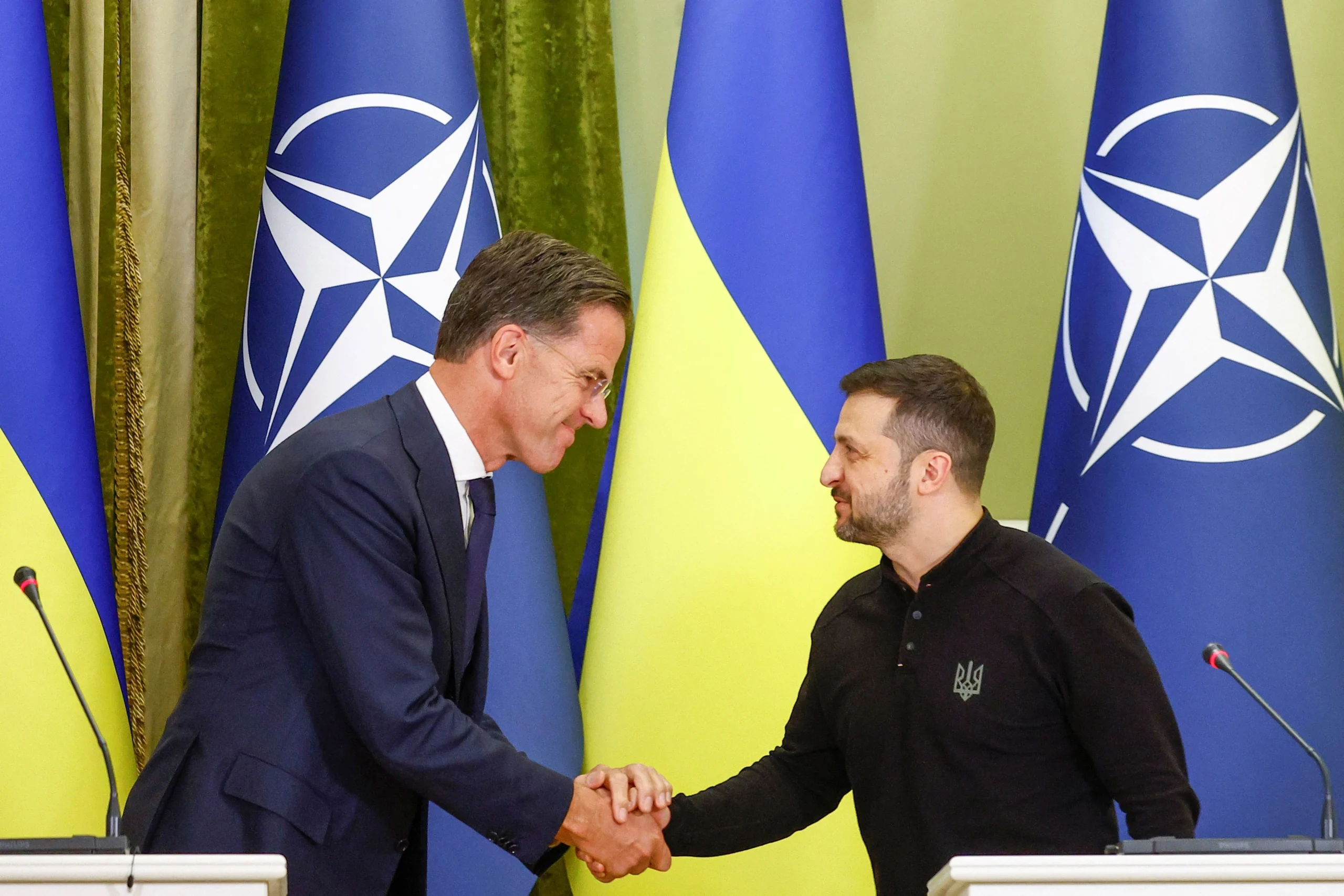Font size:
Print
Places in News: Rwanda
Context: Rwandan President Paul Kagame was gearing up on July 16 for a fourth term after winning a thundering 99.15% of votes according to partial results from an election where only two challengers were allowed to run against him.

Overview of Rwanda:
- Rwanda is a landlocked country situated in Central Africa, bordered to the North by Uganda, to the East by Tanzania, to the South by Burundi and to the West by the Democratic Republic of Congo.
- Total area is Km2 26,338, with a population density estimated to be 445 people per km².
- Name: Republic of Rwanda
- Capital City: Kigali
- Currency: Rwandan Franc (FRW)
- Official Languages: Kinyarwanda, French, English
- Known as the “land of a thousand hills,” the landscape is predominantly hilly and mountainous.
- The Virunga Mountains in the northwest include Karisimbi, the highest peak at nearly 15,000 feet.
- Major rivers include the Nile and the Congo.
- Lake Kivu is the largest lake in Rwanda and Africa’s sixth largest, separating Rwanda from the Democratic Republic of the Congo.
- Rwanda is densely populated, with around 85% Hutu and 15% Tutsi ethnic groups.
- Most Rwandans practise Christianity.
- Music and dance are significant in Rwandan culture, with traditional dances such as intore, umushagiriro, and drumming.
- Common foods include bananas, plantains, sweet potatoes, beans, and fish; meat is consumed less frequently.
- Rwanda features tropical rainforests, mountain ranges, and volcanoes, with high biodiversity.
- The Albertine Rift region in western Rwanda hosts a significant portion of Africa’s birds, mammals, amphibians, and plants.
- Volcanoes National Park hosts about one third of the world’s mountain gorillas.
Government and Economy:
- Rwanda adopted a presidential system of government in 2003, with the president elected every seven years.
- The country is divided into four provinces plus Kigali, each led by a governor.
- The economy is primarily agricultural, with major crops including bananas, coffee, tea, and tobacco.
- Tourism, particularly for mountain gorilla viewing, is a rapidly growing sector.



